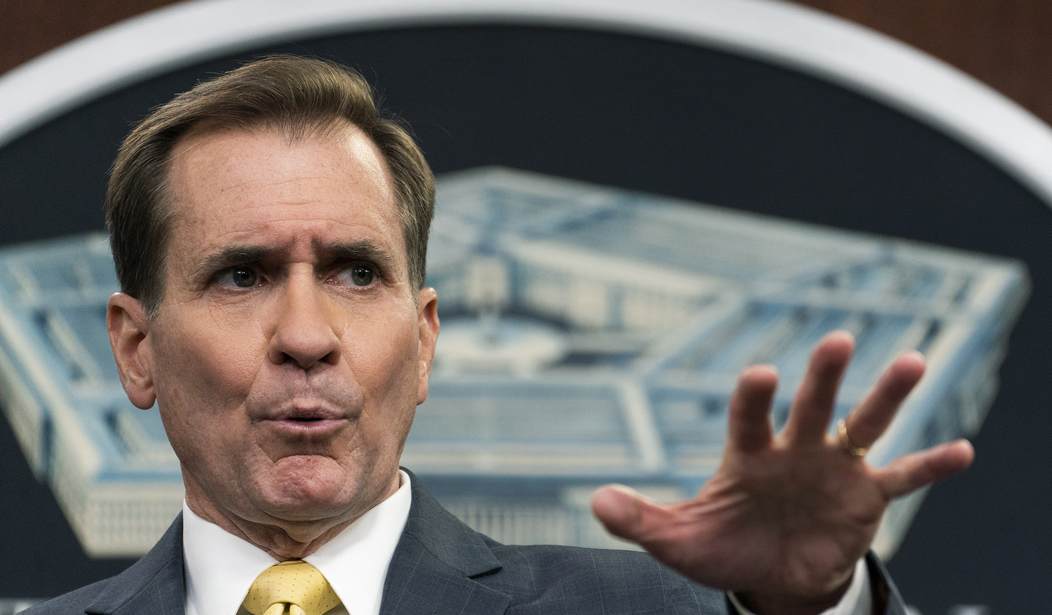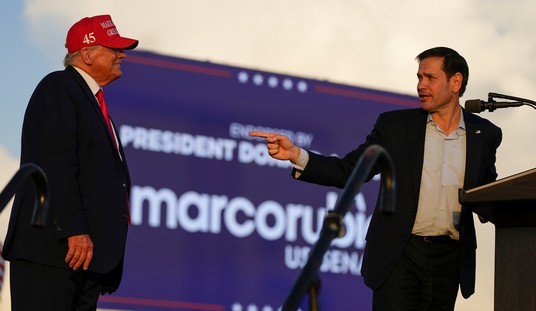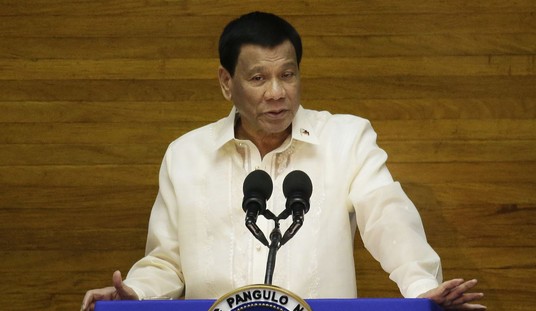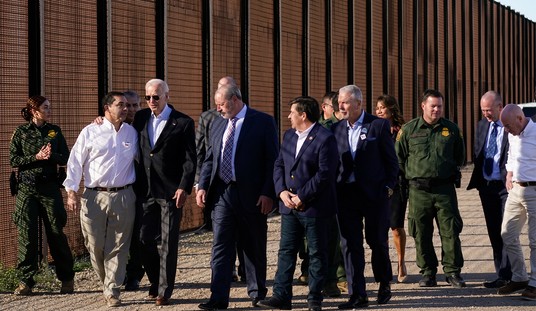We’re getting closer to the anticipated arrival of Speaker Nancy Pelosi and her congressional delegation in Taiwan and nervously waiting to see what the response from China will be. In an apparent attempt to calm China’s nerves before they do something crazy, National Security Council spokesman John Kirby was trotted out to “clarify” our position when it comes to the relationship between the United States and China. You’re probably much more familiar with Kirby by now since he was basically assigned to be the wingman for Karine Jean-Pierre in case she goes too far off the rails again. Kirby dutifully stood up at the lectern yesterday and reiterated the State Department’s standard line, just in case China had become confused about it. The United States does not support independence for Taiwan and we oppose any unilateral changes to the status quo from either Taiwan or China. So that should put the entire matter to rest, right? Don’t count on it. (National Review)
National Security Council spokesperson John Kirby told reporters Monday that the U.S. does not “support Taiwan independence,” amid heightened threats from China about Nancy Pelosi’s reported trip to the island.
“Nothing has changed about our ‘One China Policy,’” Kirby said. “We have repeatedly said that we oppose any unilateral changes to the status quo from either side. We have said that we do not support Taiwan independence, and we have said that we expect cross-straight differences to be resolved by peaceful means.”
President Joe Biden issued a similar statement to Chinese President Xi Jinping on Thursday, saying the U.S. stands firmly behind its “One China Policy.”
Our “One China” policy was created in a way to make it intentionally vague. It signaled support for the government of Taiwan without overtly threatening China’s claim to the island. That worked fairly effectively for a long time, but it’s not holding up very well in the current era, largely thanks to Vladimir Putin’s invasion of Ukraine.
Our previous position only worked because of a mutual understanding with China regarding things that neither country was saying out loud. We agreed to oppose the prospect of Taiwan declaring itself an independent nation. We would not go to war against China on Taiwan’s behalf, but we would supply them with military defense resources. For their part, China would retain the right to keep claiming that Taiwan was a province of their country. The unspoken part was how we might become very militarily “interested” if China tried to act on the situation and enforce its claim.
Unfortunately, China has now gotten a look at the way America is playing ball during the new, emerging cold war. We’re not going to war against Russia, but we’re absolutely fighting a proxy war against them by supplying Ukraine with endless mountains of weapons and cash. Why should they expect any less of us if they move against Taiwan? We’re already supplying Taiwan with military resources and we would likely step up those shipments if actual fighting breaks out with the Chinese.
Russia’s military has been disappointing in its performance, to say the least. But even still, they appear to be close to at least carving out and holding some territory from their neighbor. And the United States and our NATO allies are too timid to get directly involved against Russia. China has no doubt already been considering that situation along with their own path forward in Taiwan. Taiwan isn’t a NATO member either, so they probably see it as a safe bet that nobody will step in and directly fight for them either. Could China win a similar proxy war across the Taiwan Strait? I’m guessing that Xi Jinping is fairly sure that they could. But shooting down an American plane would change the picture entirely.








Join the conversation as a VIP Member